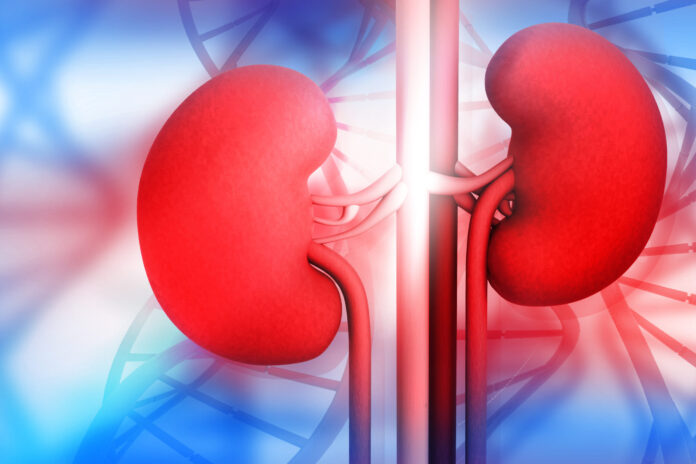As the world observes this year’s World Kidney Day, Nigeria stands in solidarity with the global movement to raise awareness about kidney health. However, for many Nigerians battling chronic kidney diseases, the day serves as a painful reminder of the harsh realities they face. These patients, already overwhelmed by the physical toll of their illness, are now grappling with the financial burden of life-saving treatments, particularly dialysis.
This year’s theme for World Kidney Day, “Are Your Kidneys, OK? Detect Early, Protect Kidney Health,” emphasizes the critical importance of early detection and proactive care. Yet, for countless Nigerians, this message seems distant due to the soaring costs associated with treating chronic kidney disease (CKD). Dialysis—an essential treatment for kidney failure—often comes with a hefty price tag, forcing many to abandon or reduce their sessions. Tragically, some patients lose their lives as a result of this inability to afford adequate care.
For many Nigerians, dialysis treatment is a financial strain. On average, families spend over N150,000 each week on dialysis. With many unable to afford the continuous treatment, the disease continues to take lives. The pain is amplified by the lack of a universal health coverage system, leaving people to pay out of pocket for each dialysis session, each costing as much as N50,000.
In response to the crisis, the Nigerian government introduced a subsidized dialysis treatment program, which President Bola Ahmed Tinubu approved last year. The initiative, which provides an 80% subsidy, reduces the cost per dialysis session from N50,000 to N12,000. This reduction was initially rolled out across 12 federal medical institutions, aimed at easing the financial burden on patients and their families. While this subsidy has brought relief to some, it remains inadequate for many Nigerians, especially as the program is yet to be expanded nationwide.
A 58-year-old patient, Mamman Sani, shared his story, describing nearly three years of suffering with chronic kidney disease. Sani, who undergoes dialysis three times a week, speaks from his dialysis bed, expressing how each session weakens him further. “The more dialysis patients do, the weaker they become,” he says. This painful reality highlights the toll the disease takes, not just on the body, but also on the mind and finances.
Another patient, 44-year-old Azubuike Akaeze, has been battling kidney disease for the last two years. Azubuike expressed his hopes for further subsidies and even called for the possibility of making dialysis treatment free. His plea underscores the desperation of many who cannot afford the treatment they need to survive.
For some, the inability to afford dialysis has led to resorting to alternative forms of treatment. Musa Adamu, a 46-year-old farmer, initially turned to herbal remedies for relief. However, three months ago, the herbs he had relied on failed to alleviate his pain, leaving him with no option but to seek conventional treatment despite the high cost.
Dr. Onyekachi Ifudu, a nephrologist, emphasized the gravity of chronic kidney disease (CKD). He explained that CKD is a condition that damages the kidneys gradually over time and can eventually lead to permanent kidney failure if left untreated. The disease is often linked to risk factors such as hypertension, diabetes, infections, and genetic predisposition, which are prevalent in Nigeria.
Professor Jacob Olugbenga Awobusuyi, the president of the Nephrology Association of Nigeria, described CKD as a “silent epidemic” that affects millions of Nigerians. The association has recorded over 8,000 cases in its renal registry, though the actual number is likely much higher due to the lack of comprehensive data from many dialysis centers.
Despite these challenges, there have been some efforts to address the crisis. In January, Iziaq Salako, the Minister of State for Health and Social Welfare, confirmed that the government had launched an initiative in 2024 to reduce the cost of dialysis in 12 federal tertiary health institutions. These include facilities such as the Federal Medical Centre (FMC) in Lagos, the University College Hospital (UCH) in Ibadan, the Aminu Kano Teaching Hospital (AKTH), and several others across the country.
However, the program remains limited in scope. The lack of adequate funding, coupled with the absence of a national health insurance scheme that includes dialysis, means that many patients are left without support.
As Nigeria marks World Kidney Day, it is crucial for both the government and society to take a hard look at the realities faced by those living with kidney disease. The call for expanded dialysis subsidies and greater access to kidney care has never been more urgent. For millions of Nigerians, this day is not just a time to raise awareness but a plea for the support and resources needed to protect their health and lives.










